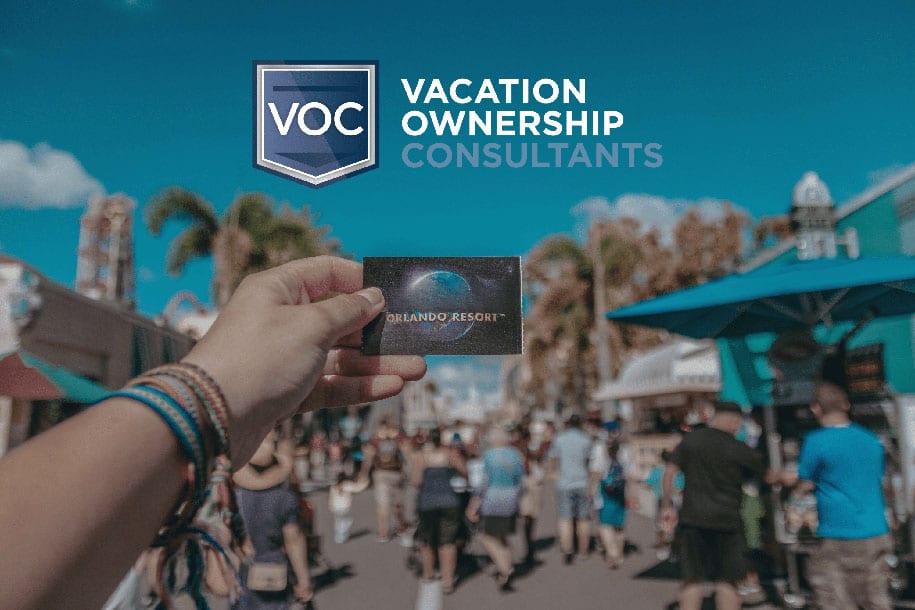Recent legal actions against Wyndham Vacation Resorts, now operating under the name Travel + Leisure, are detailing three main areas of concern: alleged violations of the Servicemembers Civil Relief Act, misrepresentations made at the time of purchase, and challenges to arbitration clauses. These lawsuits shed light on potential deceptive practices within the timeshare industry.
Timeshare Lawsuits Focus on SCRA Violations
One lawsuit, filed in the federal court for the Middle District of Florida, seeks to represent individuals who purchased Wyndham timeshares in the last three years in South Carolina, Nevada, and Maryland. Additionally, it aims to certify a class of active U.S. military personnel who purchased Wyndham timeshares during the same period but were not granted the 6 percent interest cap as mandated by the Servicemembers Civil Relief Act (SCRA). Another case, Kirchner v. Wyndham, addresses owners without arbitration clauses, further highlighting the breadth of legal challenges faced by the company.
Alleged Timeshare Misrepresentations
Plaintiffs like Donald York, a retired Methodist pastor, and Taya Ann Fissix, an active U.S. Army member, claim they were misled into purchasing Wyndham timeshares under false pretenses. According to the timeshare lawsuit filed as Carol and Donald Yorks et al. v. Wyndham Vacation Resorts, Inc., No. 24-cv-575, the plaintiffs allege the following complaints:
1. They will rarely be able to use their timeshares to stay at their desired locations;
2. They will need to book up to thirteen months in advance;
3. Their timeshares will have limited, if any, resale value;
4. They will be unable to refinance their timeshare purchases to replace Wyndham’s interest rate which can be as high as 15.99%;
5. Wyndham will not take their timeshares back unless they first pay off all amounts due to Wyndham;
6. Wyndham regularly offers better availability to non- Owners on whom it seeks to earn more money by selling them timeshares instead of making space available to existing timeshare Owners;
7. If they want to stay at a Wyndham timeshare destination that is not available on the Club Wyndham website, they can go to expedia.com or similar free public website and book the same destination which will be available on the public website;
8. They will not be able to rent out their timeshares to cover their maintenance fees;
9. Annual maintenance fees will increase significantly;
10. Using Wyndham points for car rental, airfare, and cruises will be more expensive than paying cash;
11. Wyndham owns and controls a large amount of available inventory, and the availability of destinations to customers is adversely affected by this fact; and,
12. Many first year Wyndham Owners are unable to use their timeshares, are not able to make bookings, and are not happy with their purchases.
Such allegations underscore the complexity and depth of dissatisfaction among timeshare owners. Another common issue among timeshare owners are the challenges of arbitration clauses. This may make it more challenging for owners to challenge the contract with a legal complaint for timeshare misrepresentations.
Timeshare Arbitration Clauses
In a related timeshare lawsuit case, Bedgood v. Wyndham, the attorney for the plaintiff stated that the 11th Circuit declined to enforce Wyndham’s arbitration clause. This event could indicate a potential shift in legal precedent that could impact future disputes between the company and its customers. Almost all timeshare contracts have an arbitration clause. It is the opinion of many legal professionals that arbitration is not consumer friendly, but pro-business. Florida, where the majority of timeshare developers are headquartered, is a pro-business state. It can be perceived that these arbitration clauses are one-sided, as most timeshare agreements are, that almost always only favor the timeshare company.
Timeshare Lawsuits Holding Companies Accountable
In light of these legal actions and ongoing complaints, it’s evident that transparency and accountability are crucial in the timeshare industry. If you’ve experienced similar issues with timeshare sales presentations or upgrades, we encourage you to share your story. Your experience could contribute to greater awareness and help others navigate potential pitfalls in the industry.






